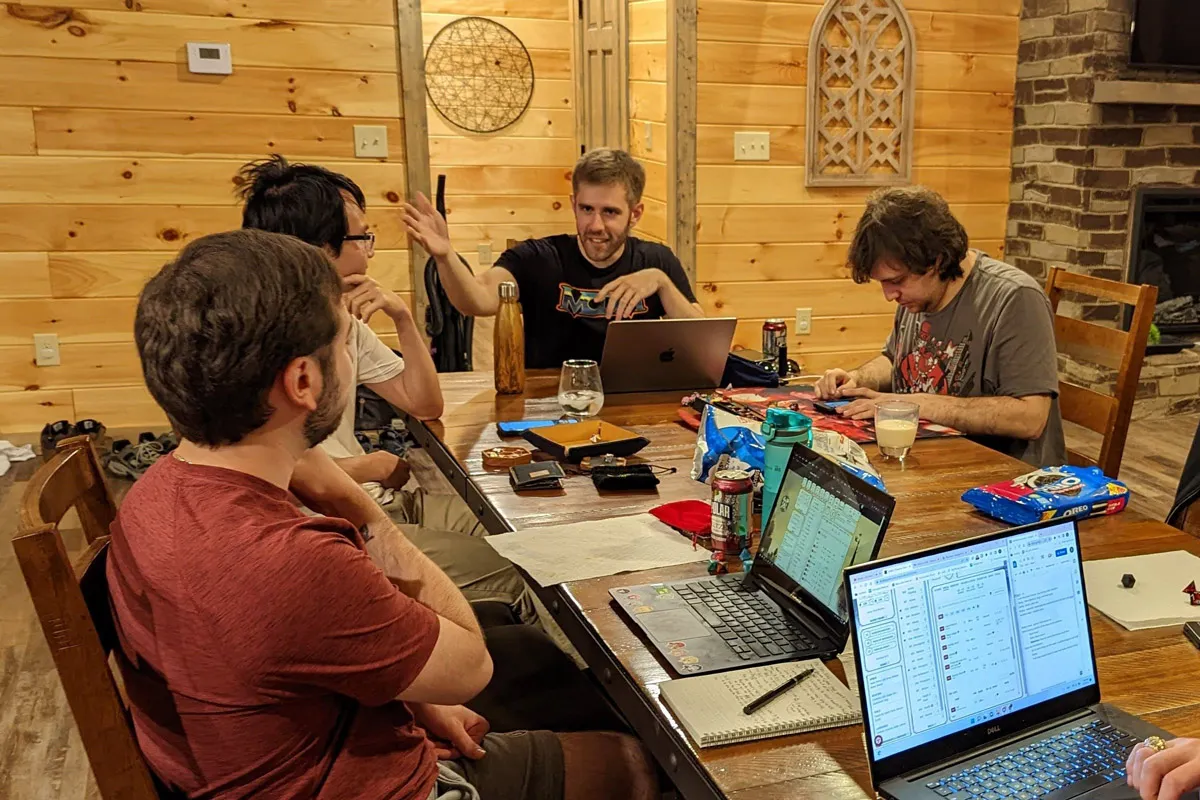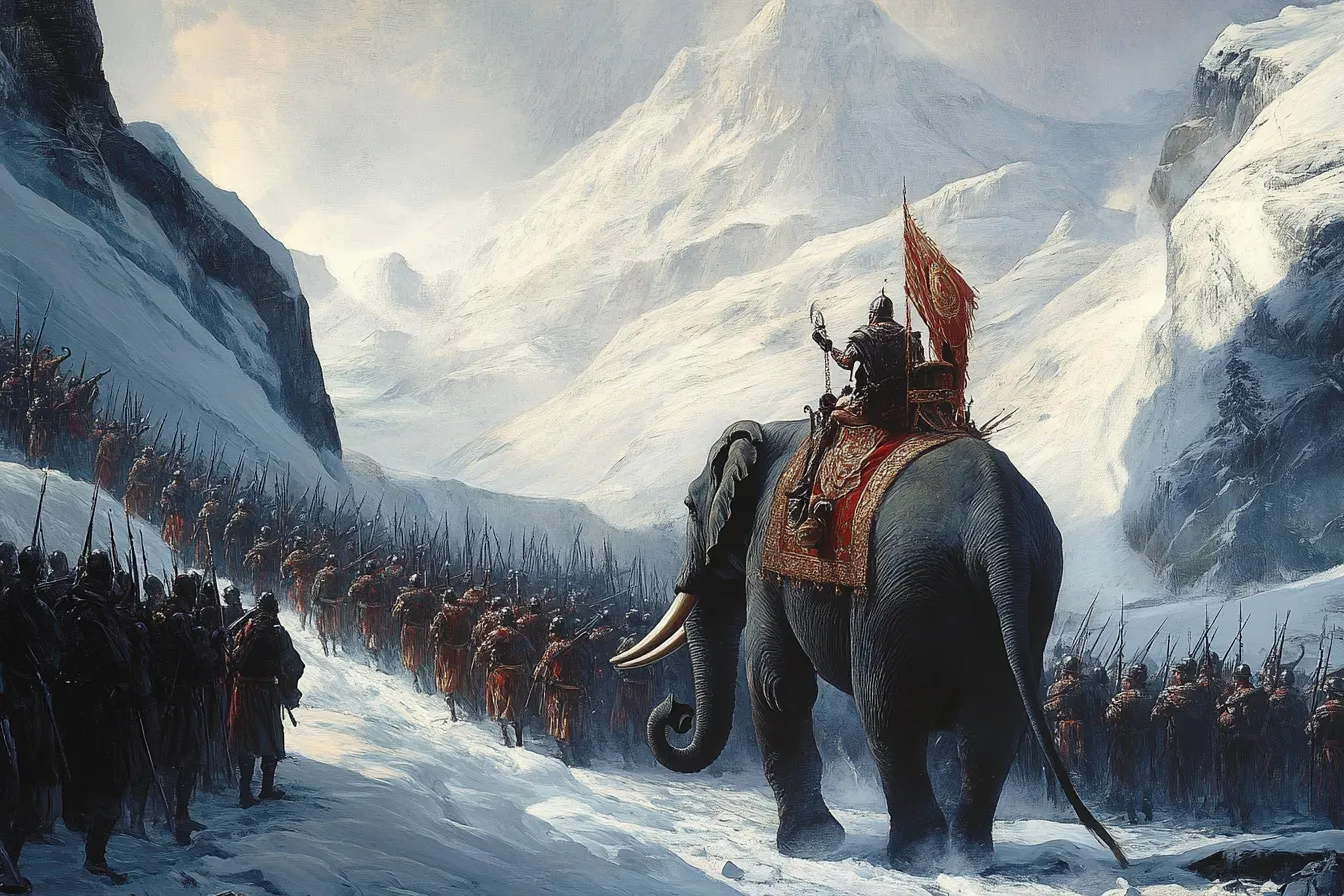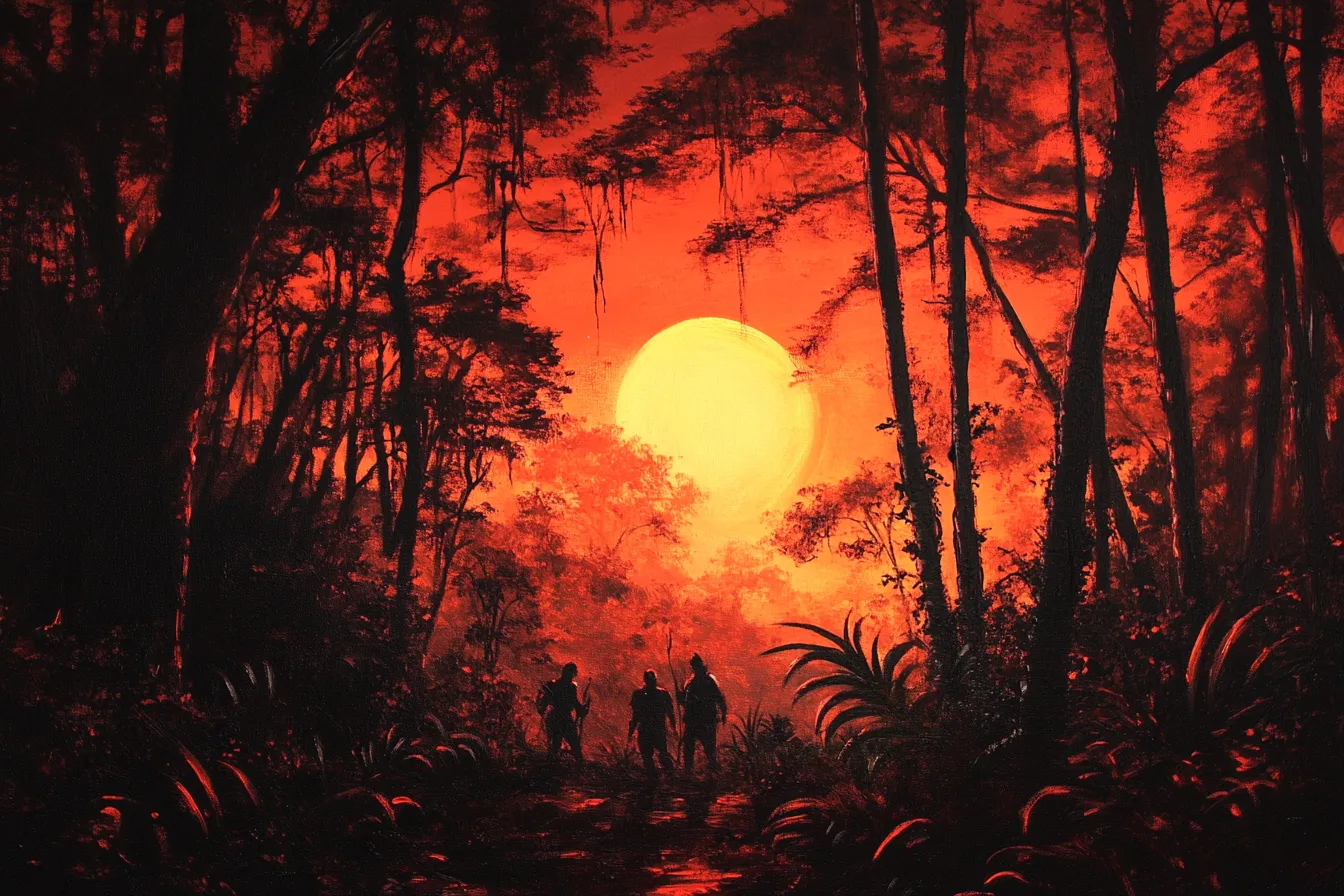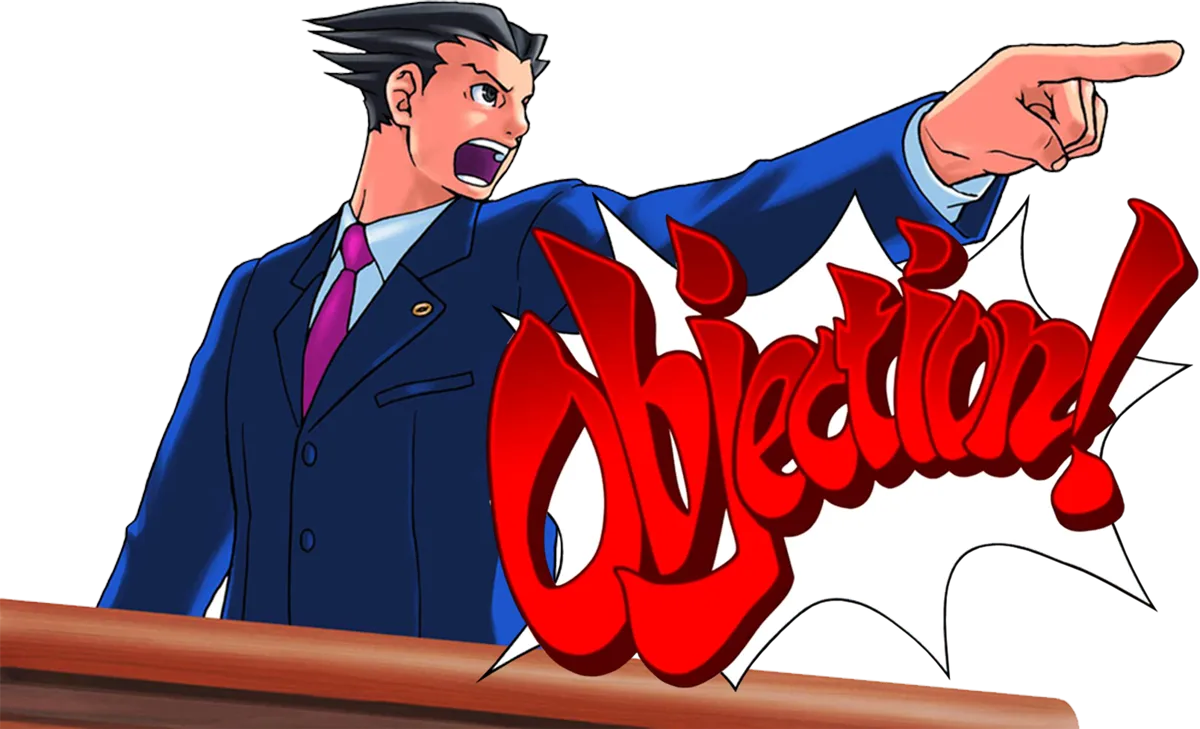Why we play D&D. The "what if" curse

Let’s talk about Dungeons and Dragons (i.e., D&D). Why has a game that from the outside looks like a bunch of adults playing make believe caught the world by storm? If you’ve never experienced it yourself it seems ludicrous. And if you’re “on the inside” and have played, describing why to someone else is a challenge. I personally have not found an explanation for “why” that has satisfied me. And so after having been part of this adult make believe game for 10 years, I’d like to take a stab at explaining why. Why we play D&D, why it means so much to us, and why you might be the type of person that’d enjoy it.
Some very quick housekeeping before I continue. Games like D&D are what we commonly call Tabletop Role Playing Games (TTRPGs), and there are hundreds of them. However, for the purpose of this explanation, I’ll merely refer to D&D as the colloquial term for them all.
We’re people who suffer from the “what if” curse
Reading a book or playing a video game is something profound. With just a pinch of our own imagination, we transform the carefully chosen prose of authors and intricate mechanics of game designers into entirely different worlds we can step into.
What would it be like to live in a world where magic and dragons were real? What was it like to be Hannibal crossing the Alps? How about being a soldier escaping from deep within enemy lines? Or maybe being a desert boy who finds himself being entrusted with the fate of the entire world? What an immense gift to experience something you otherwise would never have the ability to in your normal life.

There’s just one problem. Many of us have a nasty curse. A curse that makes us yearn to ask, and to know, “what if”.
You see those mountains in the distance? What actually lies beyond them? It’s a shame that even if you can climb them, you’ll never know what’s past them because the game doesn’t permit you to go further. In fact, you pushing so hard to know what is there, is what results in many of the bug fixes and patches the designers have to make to keep you perfectly inside “their story”.
And what about your favorite protagonist? What if he refused to complete his final mission, choosing loyalty to his mentor over duty to his country? What would have happened?
This is the “what if” curse many of us have. We can theorize endlessly and write countless pages of secondary fiction about Luke joining the Dark Side… but we’ll never truly know the answer because this story is not ours and we have no power to truly know “what if”. There’s a reason we hound authors to answer these questions for us!
So what do you do? Especially if being an author or game designer isn’t really up your alley? Well, now we can discuss why many of us end up playing D&D.
The “light-up” moment I see for all first-time players
Ahem… “You and your three companions find yourselves in the middle of a large rainforest. The sun has just finished setting, painting the horizon in deep shades of maroon. And at the very moment where you feel your eyes begin to adjust to the growing darkness, you hear movement in the bushes nearby. What do you do?”

Now, seriously… think for a moment before reading on. What do you do? Because the story from here onwards, for me and your three friends sitting at this table with you, doesn’t exist until you make your decision.
Do you shoot an arrow in the direction of the sound? Climb a tree to get a better vantage point and some protection? Hide? Run back the way you came? Ask if you might know what that sound is based on the time you’ve already been in this forest? The choice is completely up to you. The answer to any of your questions is attainable. Because this is our story.
This moment of “wait… I can affect the story? What I choose actually affects both me and everyone else?”, is consistently the moment I see new players’ eyes light up. The sudden realization they’re not just experiencing someone else’s story, but creating their own. Finally scratching their “what if” itch.
Now I can already hear you yelling “Objection your honor! This sounds exactly like make-believe!“. And you would be right to draw that parallel. But what is it about make-believe that we adults find so childish, when we’re eager to immerse ourselves in video games and books?

Because it feels fake. Because it lacks a sense of “realism”. We crave some certainty that what happens is what truly would have happened. What this all boils down to, is that there are no rules to help us determine this realism. No rules means no real possibility of failure or consequences. And despite how terrifying those words are, it’s what makes our decisions, real or make believe, feel real.
This is where D&D shines. Instead of leaving everything to pure imagination, it provides just enough structure, through dice rolls and simple mechanics, to allow everyone at the table to resolve each other’s choices and collectively agree: “Yes, that is exactly what would have happened.”.
Earlier maybe you decided “I want to dive into a different bush and hide”. Great call… but will you hide well enough to be hidden from the monster in the brush? You can certainly try, but no one knows if you’ll succeed. How well you roll your dice, modified by how naturally sneaky you decided your character is beforehand, or even how perceptive the monsters are, determines the outcome. Whether you completely disappear or have your rear-end clearly sticking out, everyone at the table experiences that moment of discovery together.
And that’s really all there is to it. I could pontificate for ages, but it really does come down to a game played amongst friends that want to collaboratively (with added rules for realism) tell a story together. One where you can go anywhere you want, be whoever you want, and explore every ‘what if’ scenario that pops into your mind.
I hope this gives you a glimpse into why this game means so much to us. And if all of this still sounds a bit strange or hard to understand—well, I hope someday you’ll sit down at a table with someone like myself who can give you a taste. Because sometimes you have to see the magic to believe it.
And to those of you very much in the hobby, I hope I did a satisfactory job of explaining the game we all love.